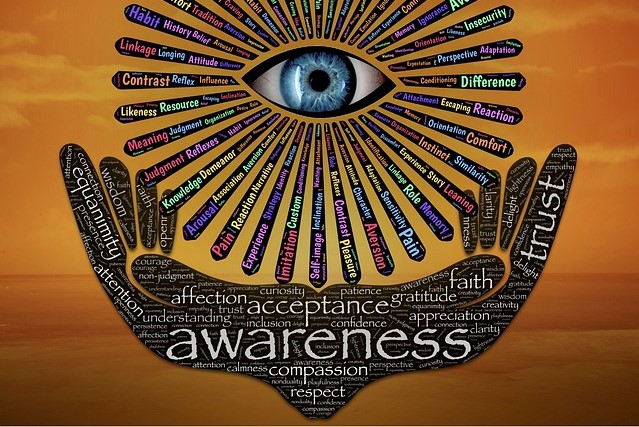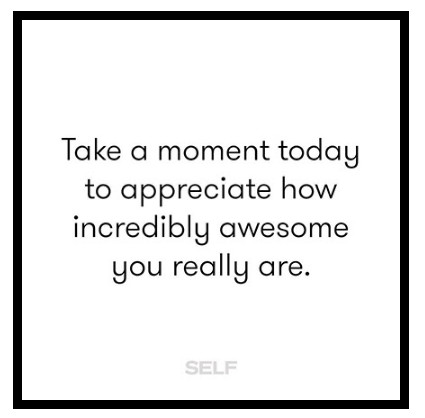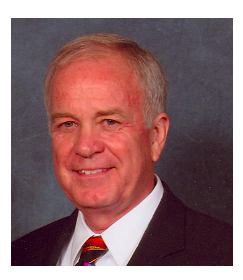Knowing Yourself: Tips and Questions Worth Pondering

Knowing why you are who you are is a critical ingredient for success in life and in the workplace.
- Where do my thoughts come from?
- Why do I feel certain ways about people?
- When did I form that opinion?
- Why do I prefer one thing over another?
- Why am I here?
These are a few of the serious questions we ask ourselves as we go through life. If you are seeking answers to these questions—about how you view the world and your place in it—you must first realize that the answers to understanding your core beliefs have been shaped by a lifetime of your unique experiences.
Each of us has our own set of life experiences that shape how we see the world—our likes and dislikes, our prejudices, our spiritual beliefs, our ethical and moral values. It began with our childhood experiences. What was our physical environment? Who were the people we were around? What were their values? What were we told about how the world works? Whatever these circumstances were in our early world environments, they set a foundation for what followed in our life.

You Grow as Your Knowledge and Experience Expands
As you grew older and your contact with the world expanded, you were inundated with new and different experiences, cultures, and attitudes. Your knowledge of the world beyond your younger bubble grew. This is when you began to make choices based on your core beliefs. The answers you had to the questions posed at the outset of this article began to be asked. You started to evaluate what you were told about the way the world works. Such introspection could bring on a sense of enlightenment, or maybe a sense of guilt, as you questioned what the adults in your childhood told you. But, based on your new experiences, will you stick to your old belief systems or adapt as you gain more insight and understanding?
A saying that guides me is, “We create the environment that controls us.” Do you stick with what you have always believed? Or, do you modify your beliefs based on new experiences you are having? Here are five tips to consider when presented with choices about what to believe:
Change is Healthy
Realize that deviating from the status quo can be painful, but sometimes it is necessary to grow and thrive as a human being. Staying in a miserable job because it is a known environment may seem better than risking change. Know this about yourself and choose to make a change, even if it seems scary at the time.
Beliefs and Choices Evolve With You
Admit that many things you learned as a child were merely reflections of what others believed. As you gain life experience, it is natural and healthy for you to question some of those beliefs. This may lead to a confirmation, a modification, or possibly an outright rejection of those early beliefs. Strive to make choices based on what your collective experience is showing you now.
Evaluate All of Life Critically
See people as they really are. Don’t be deceived by what they say, but evaluate them on what they do. Our lives are filled with advertisements, political statements, and people in leadership positions who attempt to manipulate us for their gain, not ours. This is not meant to make you paranoid, but to encourage critical thinking about what you are seeing and hearing. Thoughtfully choose what to believe is true.

Contemplate the Past to Create a Better Future
Take time to periodically contemplate your experiences. Review your own actions and decisions with the mindset of improving what you do in the future.
You Are Accountable and Responsible – to Yourself
Remember, you are responsible for your life. Others may help and advise you, but in the end, it is your life and only you are in charge of how you live it. You create the environment that controls you.
In my book, Breadcrumbs: Finding a Philosophy of Life, I use my own life experiences to illustrate how early childhood experiences affected the way I saw the world and then how later experiences caused me to revise some of those early beliefs. One topic I discuss has to do with prejudice. I thought about how I absorbed prejudicial thinking about people who weren’t like me, and how later personal interactions with people I had been prejudiced against showed me how mistaken I had been.
Some lessons I learned at a young age from observing the actions of adults in my early life didn’t crystalize until much later; lessons in integrity, compassion, empathy and morality. These came from positive role models in my life. I was also exposed to opinions formed from ignorance. Later, my expanding knowledge coming from my own experiences showed me the fallacies in those opinions spawned from ignorance I had absorbed earlier.
Personal growth comes from many sources.
One source is consciously examining your own life experience and thinking about how that experience influences your view of the world. Then, to take the next step, examining the lens through which you have that view. Ask yourself if your lens needs some adjustment. Often it does. Are you capable of making adjustments? This process may come with emotional upheavals—fear, guilt, anger, or shame—based on your unvarnished analysis of how you see the world. But if you are to grow and thrive in this world, you need to be your own unbiased critic. Work towards personal enlightenment, knowing and seeing yourself as you truly are. Understand you are the one in charge.

At the end of our time on Earth, I believe we all want to look back and be comfortable with who we are. Humans aren’t perfect. We have faults, we make mistakes, sometimes terrible ones. But we all have the power to learn from those mistakes, to modify our beliefs and our future actions based on what we learn is right. It’s a wonderful thing to look back and know we did the best we could in the sometimes messy business of life.
This guest post was authored by William F. Merck

William F. Merck has a lifetime of experiences in the working world that contributed to his success in a variety of leadership roles. To be fair, there were blowouts along the way. His book describes how these learning moments helped shape who he is today.
*******
Ms. Career Girl strives to provide valuable insights you can use. To see more from our columnists and guest authors, check these out! Or subscribe to our weekly email featuring our latest articles. We’re also present on Medium!


